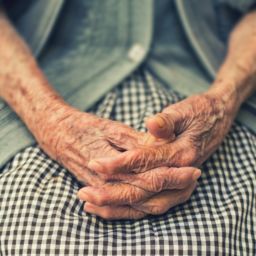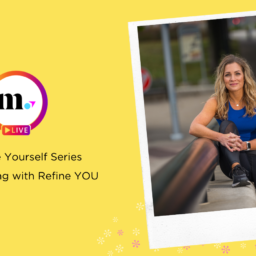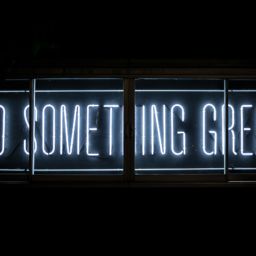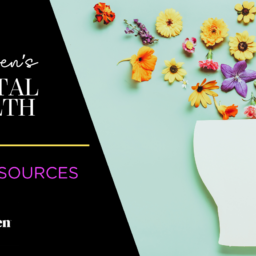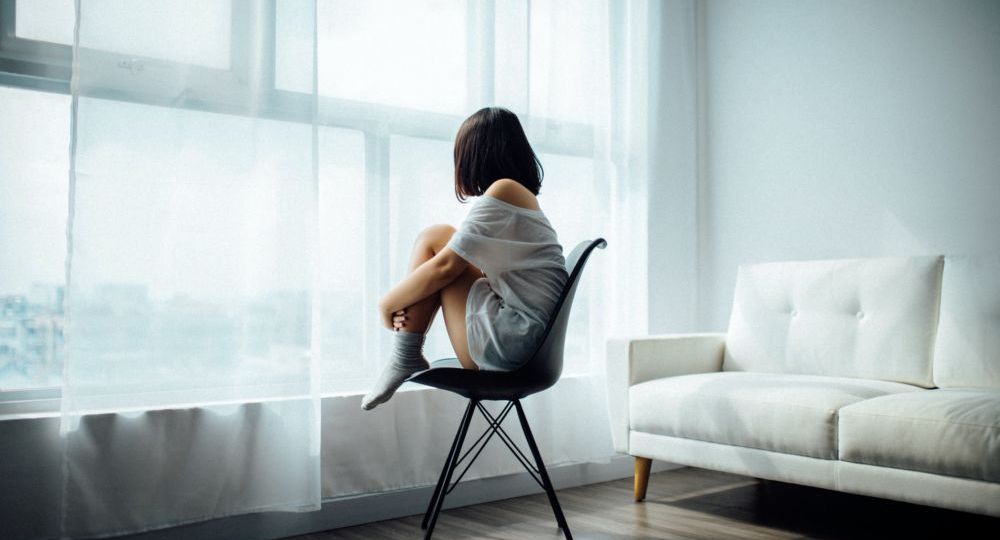
After the tumultuous year that was 2020, mental health should be a prominent topic of conversation (though we believe that should be the case in any and every year). It is so important to keep tabs on your mental health, especially when the days are shorter and darker. All of the changes we’ve endured during the past year have (understandably) led to increased instances of grief, sadness, and anxiety. Many people also often struggle with Seasonal Affective Disorder, or SAD, and women are diagnosed four times as often as men. SAD is a variation of depression that typically occurs during the fall and winter months.
We at Indy Maven believe mental health is key to overall health and wellness, so we talked to some experts about what to look out for in yourself or your loved ones who may be struggling.
So, what should you be looking out for?
With less sunlight and longer nights, you may be feeling sleepy or lethargic during these winter months. Hazel Owens, a marriage and family resident at Christian Theological Seminary Counseling Center, advised that common symptoms of SAD include feeling the urge to hibernate, losing interest in activities, experiencing deep sadness, or difficulty concentrating, among others.
Danielle Ireland, a licensed therapist and social worker, also added that some common mental health struggles during this time of year include general fatigue, sluggishness, and disturbances in sleeping habits. Additionally, some people may feel like there is nothing to look forward to, now that the holidays have come and gone, which some refer to as the holiday hangover.
The new year is also often compounded with sentiments and expectations like “New Year. New You,” and planning other life changes, which can lead to burnout and stress, Ireland said.
“Many clients I’ve worked with over the last year have felt guilt in addition to everything else because they feel they’re suffering isn’t as great as others’, and therefore less deserving of having a voice,” Ireland said. “The expression of vulnerability and sharing our experiences with others help remind us that we aren’t alone, which in so many ways can make our pain easier to bear.”
Know that you are not alone and help is available.
“The expression of vulnerability and sharing our experiences with others help remind us that we aren’t alone, which in so many ways can make our pain easier to bear.”
What can you do to combat mental distress and SAD?
Creating healthy physical habits can affect your mental wellbeing in a positive way. Maybe this is getting your body moving once a day with light exercise, or eating meals within a regular time frame. Healthy movement and eating well can help with mood regulation, Owens says. She also recommended a therapy light (which mimics natural outdoor light) and setting the timer for when you want to wake up each morning.
Coping mechanisms that are more mentally focused include meditation, journaling, or seeing a therapist.
“These activities have a way of grounding a person and centering their mind to what’s present in front of them,” Owens says. “These are great activities that will help to redirect or reframe thoughts.”
It’s also important to be honest with yourself and do what truly feels good. Ireland also says it can be beneficial to reframe your thoughts from what you should be doing to what you could be doing.
“Should-ing all over ourselves demotivates and shuts us down,” Ireland says. “Before considering adding something new to your daily routine, try switching ‘should’ to ‘could’, and see which option lights you up inside. Trust that feeling.”
When setting goals or resolutions, Ireland encourages women to think about the feeling.
“Imagine telling yourself, ‘I want to feel free, powerful, sensual and confident,’ Ireland says. “How do you feel? What shifts, if any, do you experience in your body? Now, imagine telling yourself, ‘I need to lose 15 pounds. I have to make better choices, and I can’t LOOK at sugar.’ How do you feel when you say this?”
When talking to friends or loved ones about mental distress, our first instinct is often to try to immediately help them. This can contribute to toxic positivity which can leave them feeling unsupported. However, it’s important to validate their feelings and make them feel heard and seen. We encourage you to check in with your loved ones and actively listen to what they have to say.
The mental health professionals also recommended these external resources for people experiencing mental distress or SAD.
- Dr. Ebony’s My Therapy Cards: The first therapy card deck designed with women of color in mind!)
- Substance Abuse and Mental Health Services Administration National Helpline
- Compassion Fatigue and Empathy with Liesel Mertes: This episode explores compassion fatigue, burnout, and how to lovingly ask for/receive help.
- The Treasured Journal. Journaling can be a transformational tool. There’s no one to perform for, no one to disappoint, and nothing to hide.











